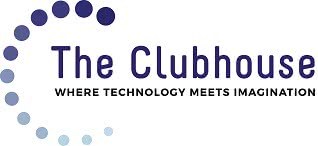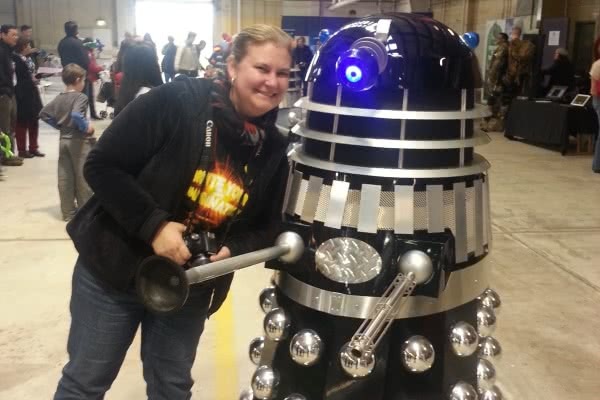Inspiring young Australians through science – Ingrid McCarthy
Ingrid McCarthy is the Inspiring Australia ACT program manager, a position that is based at the Canberra Innovation Network. It is an umbrella organisation for a variety of different organisations.
Ingrid explains, “Canberra Innovation Network is an initiative of the ACT Government, but it incorporates so much more. It is about building an innovation ecosystem – bringing together government organisations that promote innovation, entrepreneurship and business support, and a whole bunch of start-ups and established businesses. We’ve got founding members in the tertiary sector (ANU, University of Canberra, NICTA, CSIRO and UNSW Canberra) and we run quite a few programs out of the Network.
“But it’s more than just a physical space. It is about connecting players in innovation and entrepreneurship, which includes Inspiring Australia. Also, a lot of what I do is not creating programs but supporting other programs.”
Programs for young people
One of the big focuses for Inspiring Australia is encouraging young people to take up careers in fields of science, technology, education or mathematics – otherwise known as STEM careers.
“Financially we’ve supported the Teen Start Up Camp, HACT (which runs school holiday programs to engage kids in tech), and we’re doing Space Camp…”
…which sounds so cool that I ask to hear more…
“Space Camp is a collaborative initiative to try and engage kids in STEM via the space industry. Kids from years 7-9 do a four day camp and visit a bunch of different places and learn about the space industry and the science behind it. We’re working with Mount Stromlo and the Deep Space Communications Complex at Tidbinbilla, and the Canberra Rocketry Club.
“Some of the participants don’t have any idea about STEM or NASA or space, but now they want to be astronauts or engineers,” Ingrid says. “Their lives have changed.”
While some of Inspiring Australia’s programs are organised through schools, a lot of awareness for the programs and kids signing up happens through other means. This includes through the National Youth Science Forum, Teen Start Up and the Canberra Innovation Network, as well as through social media channels. Inspiring Australia wants to have a financial structure so that kids from a diversity of socio-economic backgrounds can participate in their programs.
Valuing STEM skills
Ingrid says she herself has always loved science, and believes that STEM skills are valuable for many careers.
“Even if you don’t go on and have an actually scientific research career or work as a mathematician there’s going to be a lot of jobs with those skills coming up. Mathematics or computer skills or coding – it’s feeling comfortable in that environment – those skills are transferable across a range of things.”
Beyond the job market, Ingrid believes that having an idea of what science is and how it works is important for our future society.
“To understand what the scientific proof is, and why we should be trusting or not trusting is important.”
Solving real-world problems
While schools are integral to the uptake of STEM skills, Ingrid also believes the Clubhouse has a particular role to play that complements the more formal and structured learning schools provide.
“The Clubhouse provides a useful non-school avenue. Kids find it interesting and real-world, and it allows them to have different interactions. If they’ve got the opportunity to do something extra, then you can.”
I ask Ingrid how you make the transition from participating at the Clubhouse, to using those skills to establish and implement an idea or program.
“Do something with a purpose. If you’ve got an idea – whether you want to write a blog or make something or design an app or solve a problem. Instead of just ‘coding’, if you’ve got a reason for doing that it makes it much more worthwhile.”
“And mentors – trying to connect with people who are running these sorts of things or have skills. Say, ‘this is what I’m working on, do you mind if I ask you some questions’ There are people around who are usually willing to give you a hand.”
Advice to Clubhouse participants?
“Age is not necessarily any barrier.
“If you’ve got an idea that solves a real problem, there are a lot people you can talk to and ask ‘what do I need to do to make this happen?’
“I’m really proud of [the participants] for getting in there and having a go. It’s not always easy to say I’m going to do something after school – I’m going to do something a bit different. I think it’s fantastic that they are interested enough and want to go to learn more. Never stop learning.”

